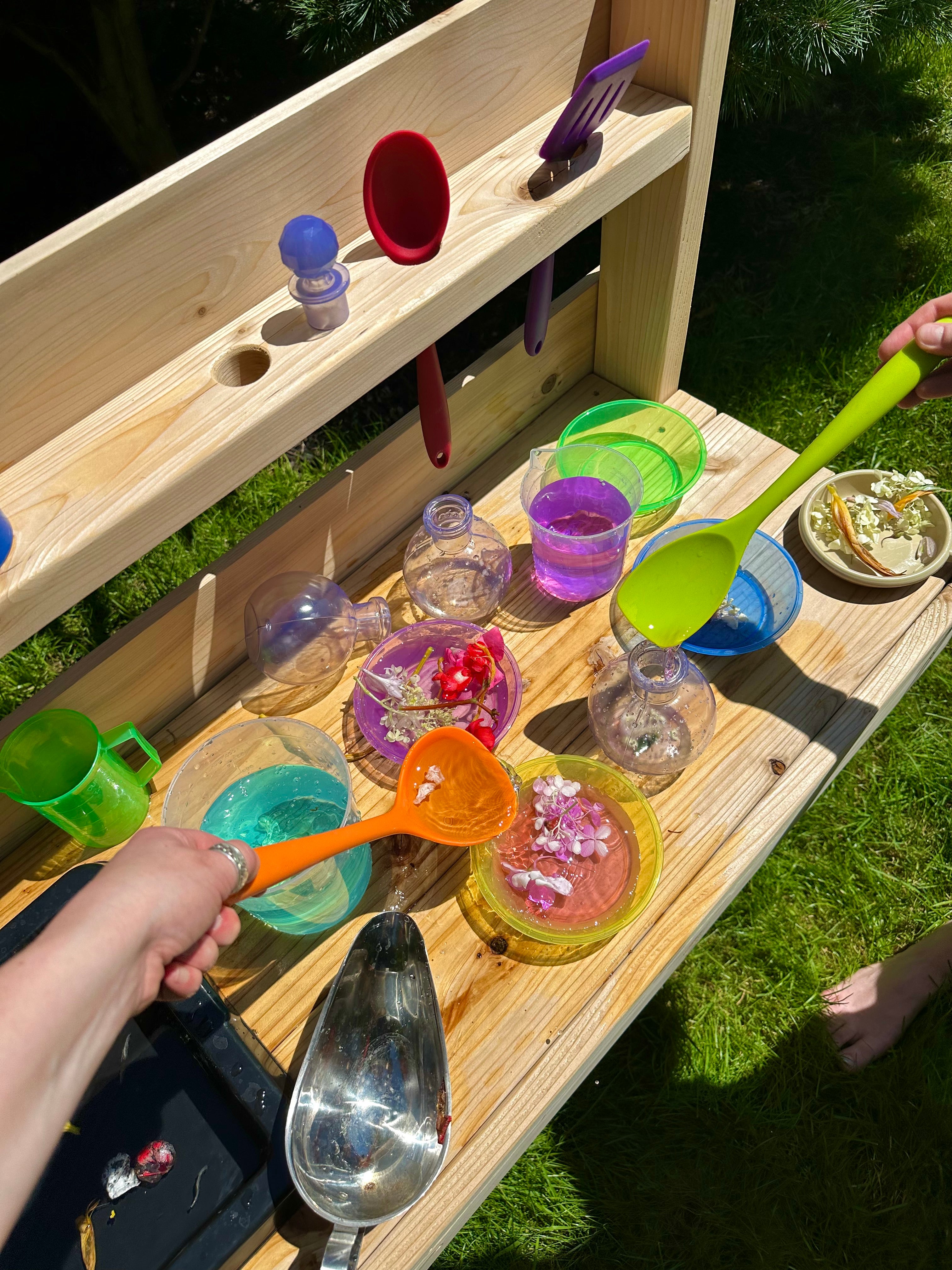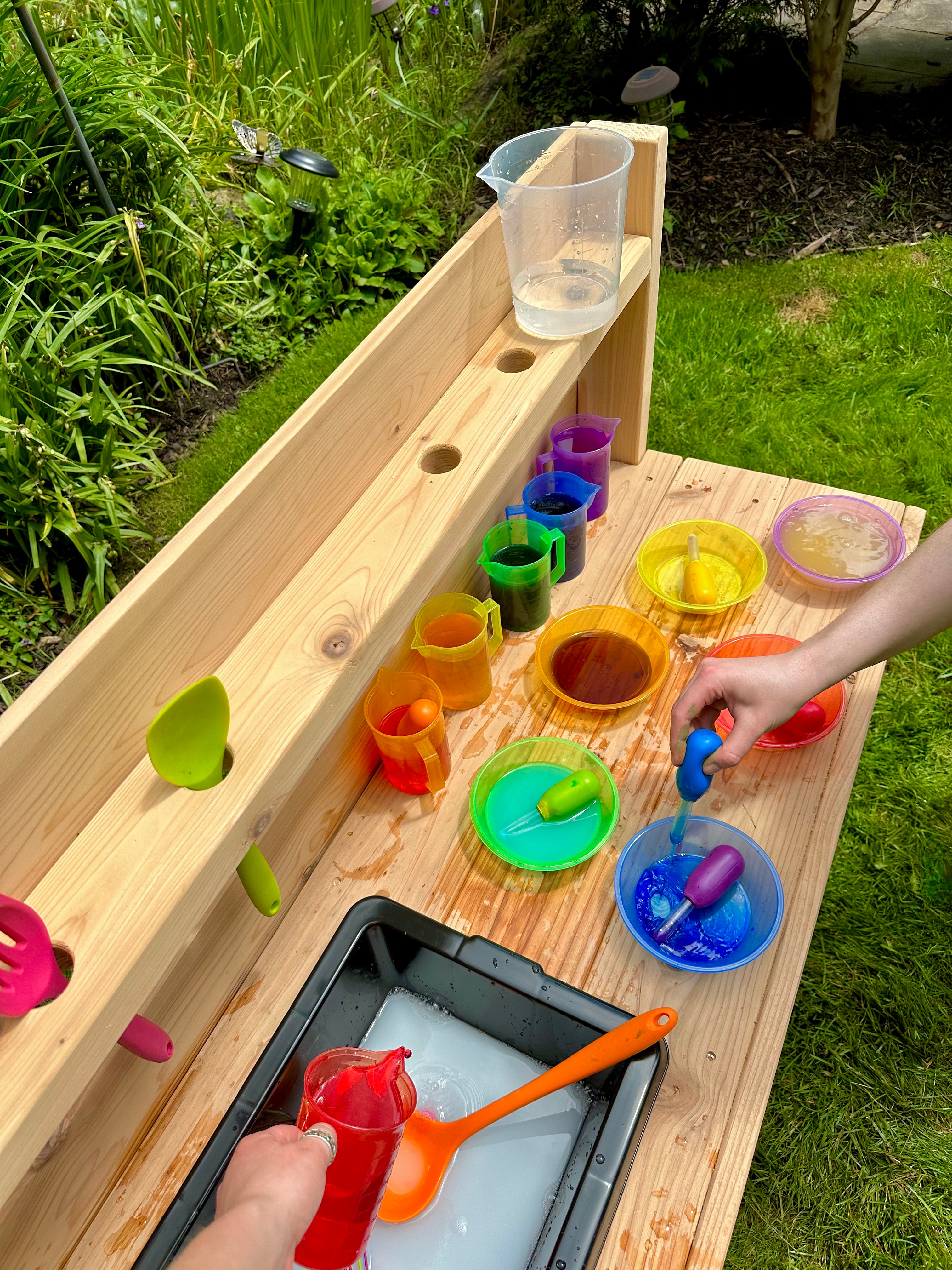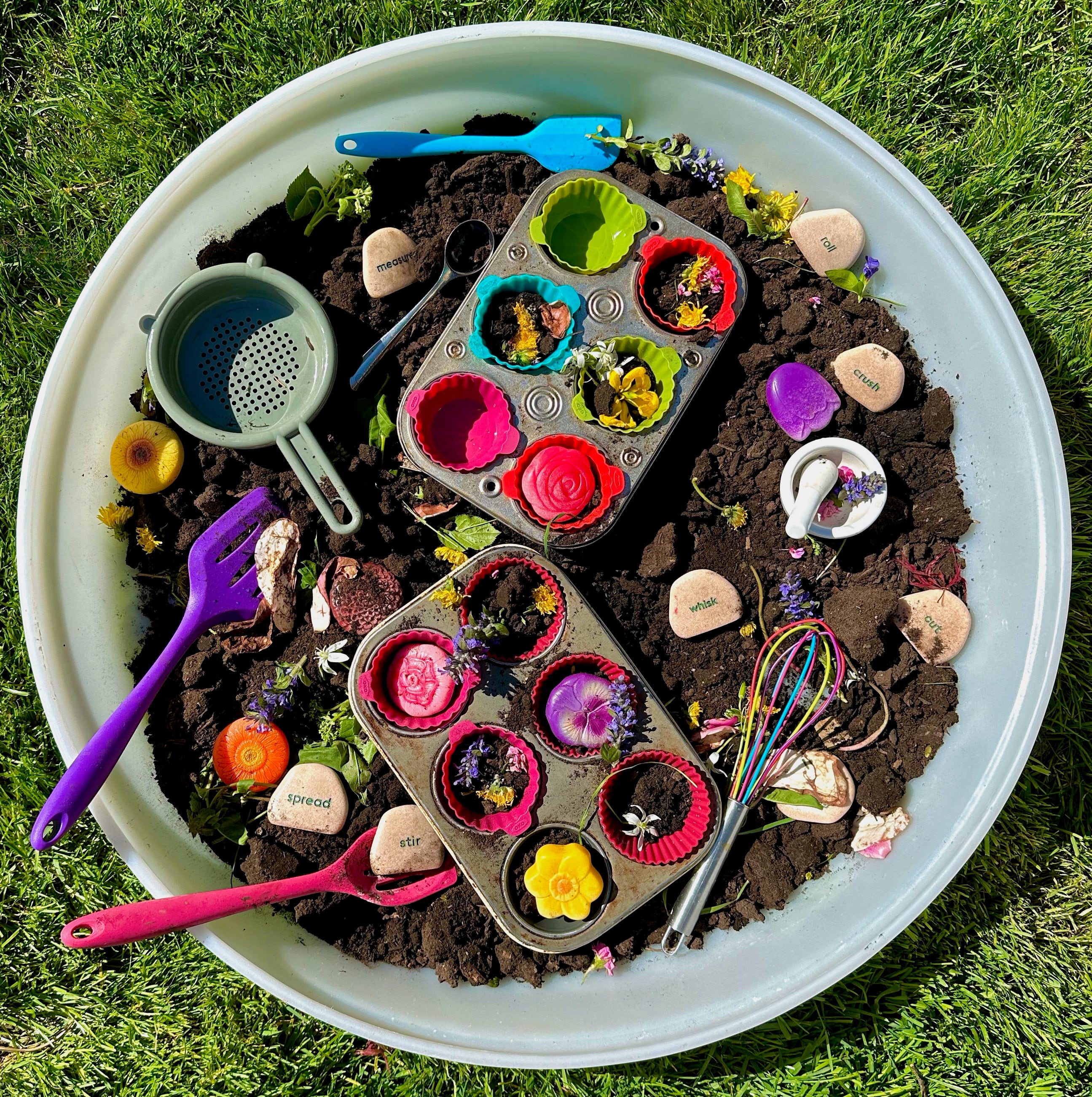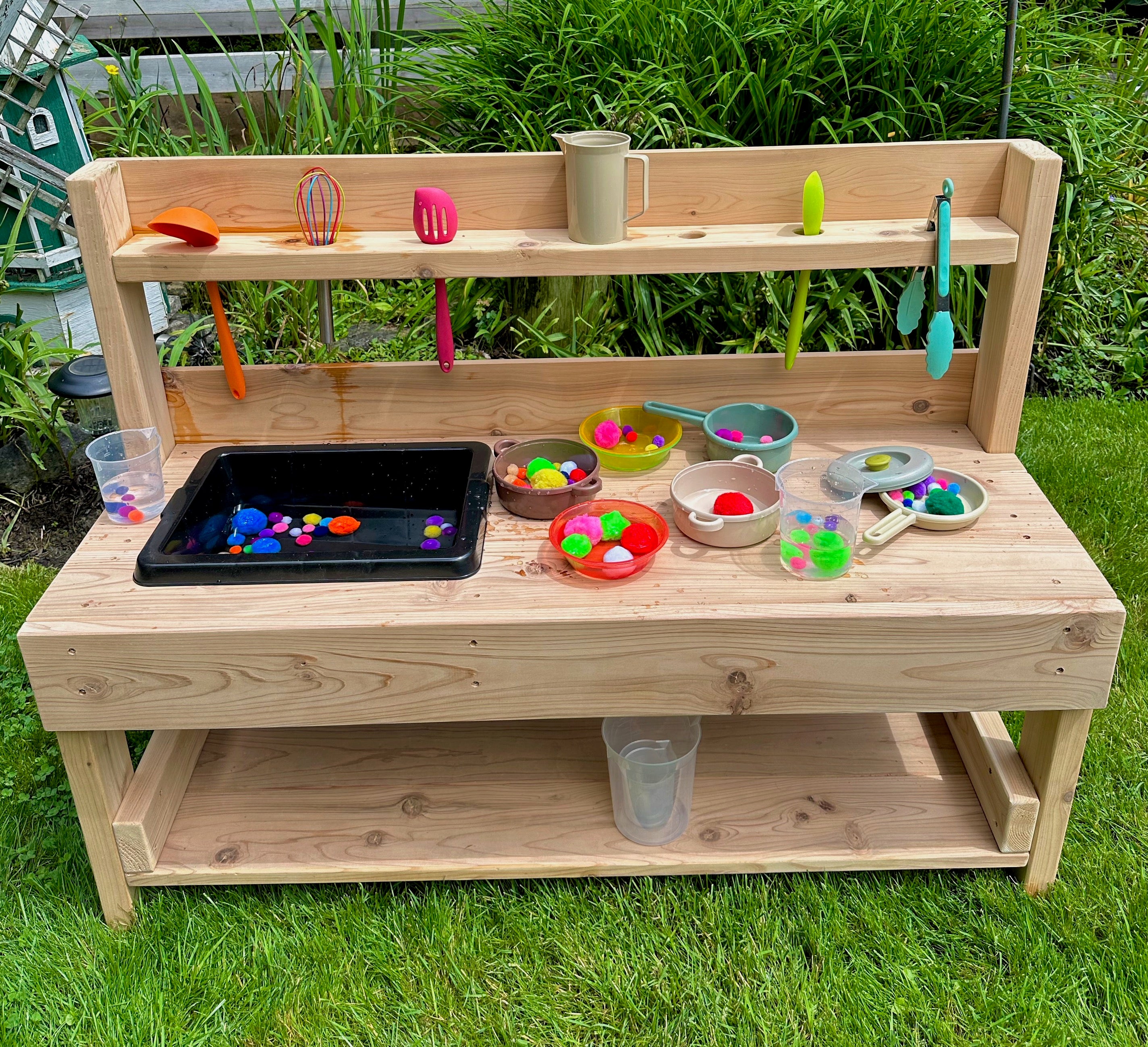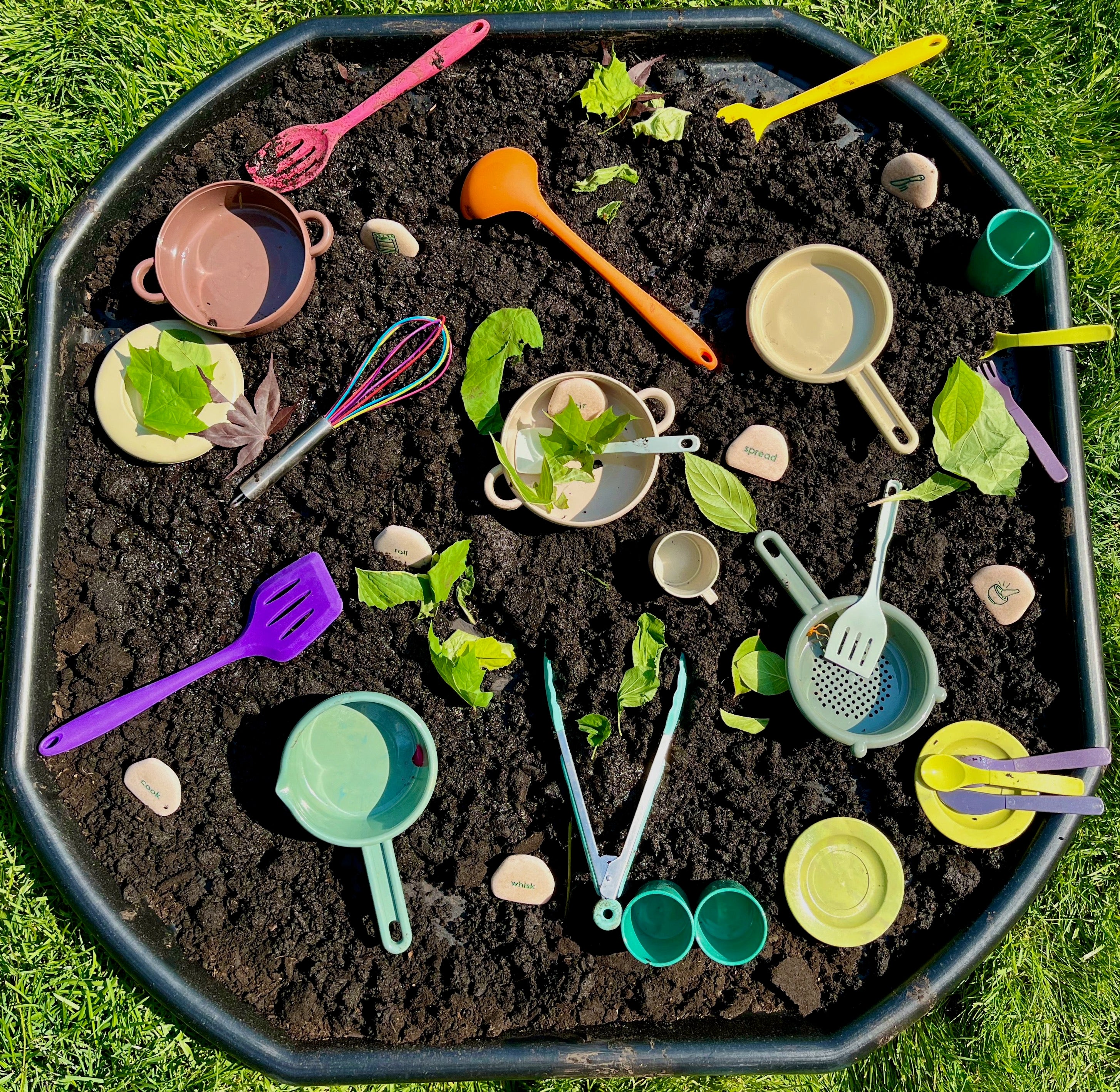- Classroom Management
- Manipulatives
- Rewards & Incentives
- School Supplies
- Sensory Stimulation
-
Teacher Worksheets
- Art Teacher Worksheets
- Children's Digital Books
- Christian Digital Teacher Worksheets
- Classroom Management Teacher Worksheets
- Early Childhood Digital Teacher Worksheets
- French Digital Teacher Worksheets
- French Teacher Worksheets
- Homework Digital Teacher Worksheets
- Literacy Teacher Worksheets
- Math Teacher Worksheets
- Science Teacher Worksheets
- Social Studies Teacher Worksheets
- Spanish Digital Teacher Worksheets
- Workbooks
-
Classroom Decor
- Bulletin Board Borders
- Bulletin Board Cutouts
- Bulletin Board Decor
- Bulletin Board Letters
- Bulletin Board Paper
- All Bulletin Boards
- Classroom Banners
- Classroom Calendars and Cutout
- Classroom Charts
- Classroom Paper
- Classroom Posters
- Classroom Privacy Screens
- Classroom Supplies
- Classroom Writing Supplies
- Active Play
-
Arts & Crafts
- Chalk & Pastels
- Craft Kits
- Craft Materials
- Craft Paper
- Crayons, Pencils, & Markers
- Dough, Clay, & Accessories
- Easels & Drying Racks
- Foam, Felt, & Yarn
- Glue & Adhesives
- Paint & Paint Supplies
- Pens, Pencils, & Highlighters
- Rulers & Math Sets
- Scissors
- Stamps, Stencils, & Rubbing Plates
- Tapes & Adhesives
- Block Play & Building Sets
- Children's Books
- Dramatic Play
- Games
- Infant & Toddler Toys
- Loose Parts
- Music
- Puzzles
- Science
- Sensory Stimulation
- Tuff Trays
















